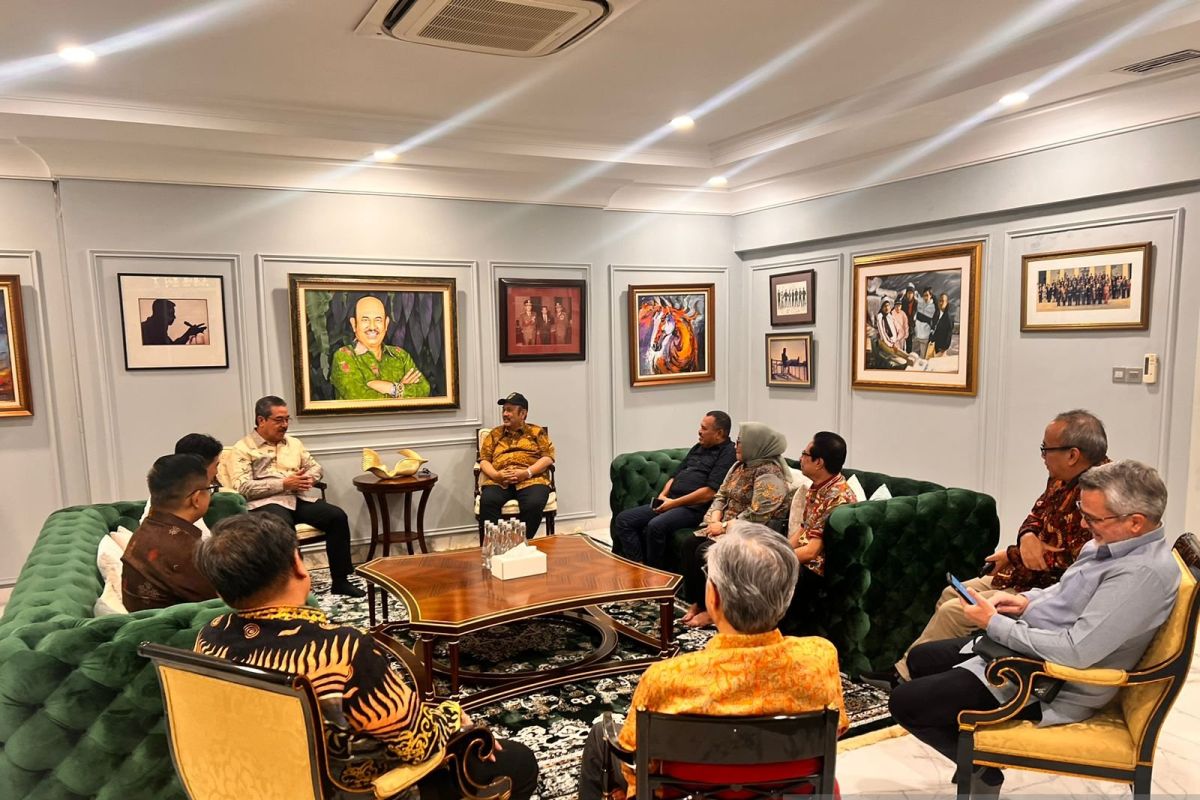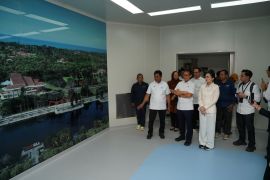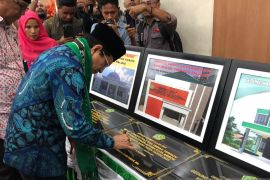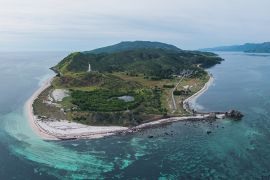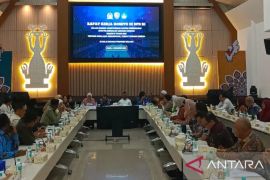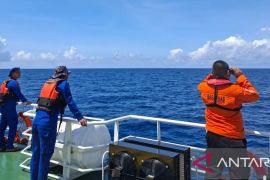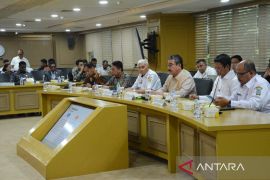“The development of industrial areas around the Masela Block is a strategic priority to encourage economic growth in Maluku,” Maluku Governor Hendrik Lewerissa said in a written statement received in Ambon on Saturday.
Lewerissa held a meeting with Bappenas head Rachmat Pambudy in Jakarta to discuss steps to encourage the acceleration of the Masela Block project, which is a national strategic project.
During the meeting, Lewerissa outlined the plan to develop an industrial area integrated with the Masela Block. He also shared the results of previous coordination efforts with the Housing and Settlement Areas Minister and the Marine Affairs and Fisheries Minister.
Currently, Maluku is primarily focusing on aligning central and regional development planning through the integration of the National Medium-Term Development Plan (RPJMN) and the Regional Medium-Term Development Plan (RPJMD).
This is necessary to ensure full regulatory and financial support for the development of the Masela Block industrial area.
The Maluku provincial government is also preparing land and basic infrastructure for the integrated industrial area that is expected to become a hub for gas downstreaming and other derivative industries.
Bappenas, on its part, is encouraging expediting permit completion, land acquisition, and environmental document preparation so that the project does not run into any administrative hurdles.
Support for the project is also being expanded through the involvement of the private sector and the Chamber of Commerce and Industry (Kadin) to open up investment opportunities in related sectors such as LNG, petrochemicals, and logistics.
The Masela Block is expected to produce 9.5 million metric tons per year (MMTPA) of LNG, 150 million cubic feet per day (MMSCFD) of pipeline gas, and 35 thousand barrels per day of condensate.
This could make it the backbone of efforts to increase national oil and gas production to meet the 2030 oil production target of 1 million barrels per day (BPOD) and gas output target of 12 million cubic feet per day (BSCFD).
The impact of the multiplier effect of the Masela project would also be felt by the government and local communities, with the regional government holding 10 percent of the participating interest (PI) in the block’s development.
In addition, the construction of an onshore refinery is expected to support job creation, contribute to regional economic growth, and improve the economy of the surrounding community.
In addition to the Masela Block, the meeting also discussed the development of the Maluku Integrated Port, which will play an integral part in the Masela Block industrial ecosystem by strengthening connectivity and the distribution of production results.
The Maluku government is also continuing to coordinate with ministries, including the Housing and Settlement Areas Ministry and Marine Affairs and Fisheries Ministry, to ensure the readiness of the area around the block for meeting social, environmental, and settlement needs.
Related news: Efforts to optimize discovery of large gas sources in Indonesia
Related news: Government pursues Masela Block's development: President Jokowi
Related news: Clarity sought on status of land for Masela Block infrastructure
Translator: Ode Dedy Lion Abdul Azis, Cindy Frishanti Octavia
Editor: Azis Kurmala
Copyright © ANTARA 2025
